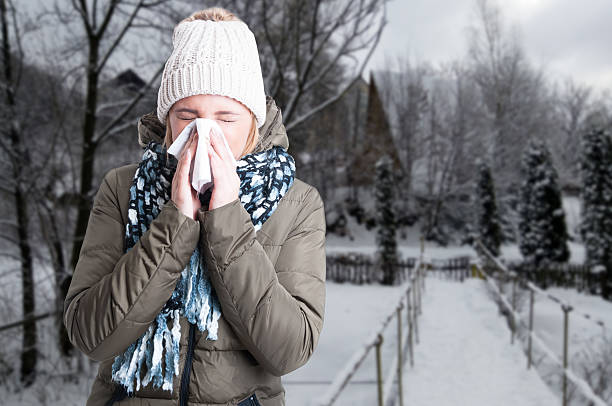In recent weeks, a concerning development has emerged within the dairy industry. A widespread outbreak of Listeria monocytogenes has prompted a large-scale recall of various dairy products, including Cotija cheese, Queso Fresco, and other related items. The outbreak has sparked significant concern among consumers and industry stakeholders alike, highlighting the critical importance of food safety measures in preventing the spread of harmful pathogens.
Understanding Listeria Monocytogenes: Listeria monocytogenes is a bacterium commonly found in soil, water, and animal feces. It is known to thrive in environments with low oxygen levels and can withstand a wide range of temperatures, making it particularly challenging to eliminate from food processing facilities. When ingested, Listeria can cause a serious infection known as listeriosis, which can be especially harmful to pregnant women, newborns, the elderly, and individuals with weakened immune systems.
The Outbreak: The recent outbreak of Listeria has been linked to several dairy products, most notably Cotija cheese and Queso Fresco, which are popular staples in many Hispanic households. The outbreak has been reported across multiple states, with confirmed cases of illness and hospitalizations prompting investigations by health authorities. Initial findings suggest that contaminated dairy products from various manufacturers may be the source of the outbreak. However, investigations are ongoing to pinpoint the exact cause and extent of the contamination.
Recall Efforts: In response to the outbreak, several dairy companies have issued voluntary recalls of their products, prioritizing consumer safety above all else. The recalls encompass a wide range of dairy items, including not only Cotija cheese and Queso Fresco but also other cheeses, milk, and yogurt products that may have been produced in facilities potentially affected by Listeria contamination. Consumers are urged to check product labels and expiration dates to determine if they have purchased any recalled items and to dispose of them immediately or return them to the place of purchase for a refund.
Impact on Consumers: The outbreak and subsequent recall have understandably raised concerns among consumers, particularly those who may have recently purchased or consumed the affected dairy products. Symptoms of Listeria infection can include fever, muscle aches, nausea, and diarrhea, with more severe cases potentially leading to meningitis or blood infections. As such, individuals who believe they may have been exposed to contaminated dairy products are advised to monitor their health closely and seek medical attention if they experience any symptoms of illness.
Industry Response: The dairy industry has been swift in responding to the outbreak, working closely with regulatory agencies and health authorities to identify and address potential sources of contamination. Enhanced sanitation measures, increased testing protocols, and heightened awareness campaigns are being implemented across the sector to minimize the risk of future outbreaks and ensure the safety of dairy products for consumers. Additionally, industry stakeholders are collaborating to share best practices and lessons learned from the current situation, with the goal of further strengthening food safety practices throughout the supply chain.
Preventative Measures: As the investigation into the Listeria outbreak continues, it serves as a stark reminder of the ongoing importance of rigorous food safety measures in the dairy industry and beyond. Manufacturers must prioritize cleanliness and hygiene in their production facilities, regularly testing for pathogens and implementing preventive controls to minimize the risk of contamination. Similarly, consumers can play a crucial role in safeguarding their health by practicing proper food handling and storage techniques, thoroughly washing fruits and vegetables, and avoiding unpasteurized dairy products, which may pose a higher risk of bacterial contamination.
The Listeria outbreak and subsequent recall of Cotija cheese, Queso Fresco, and other dairy products underscore the critical importance of vigilance and cooperation in ensuring food safety. While the current situation is undoubtedly concerning, it also presents an opportunity for the dairy industry to reassess and strengthen its food safety practices, ultimately enhancing consumer confidence and safeguarding public health. By working together, industry stakeholders, regulatory agencies, and consumers can help prevent future outbreaks and ensure the continued safety and integrity of our food supply.

